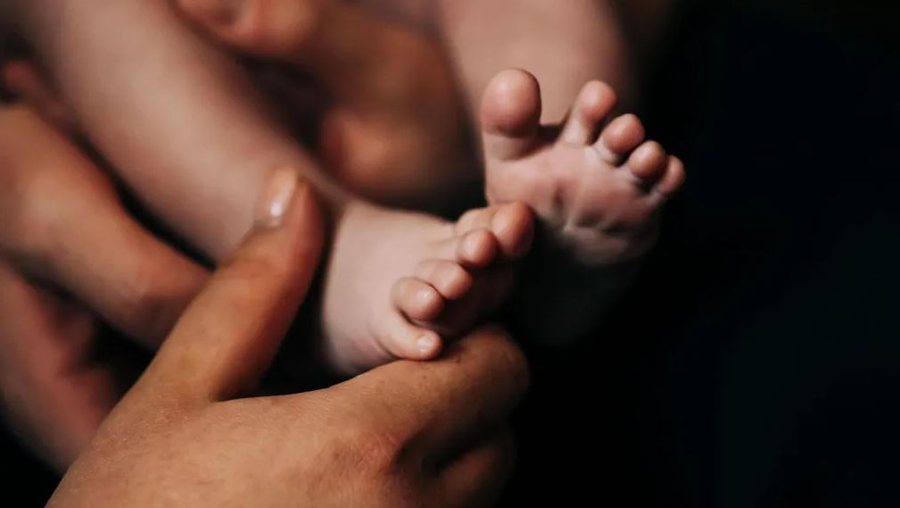
Indonesian police have uncovered an international baby trafficking syndicate that is suspected of selling at least 25 babies to buyers in Singapore since 2023. Authorities made 13 arrests in connection with the syndicate in the Indonesian cities of Pontianak and Tangerang this week and rescued six babies who were about to be trafficked, all around one year old, the BBC reports.
"The babies were initially housed in Pontianak and had their immigration documents arranged before being sent to Singapore," West Java Police's director of general criminal investigations, Surawan, told BBC News Indonesia.
The syndicate's alleged modus operandi was to target parents or expectant mothers who allegedly did not want to raise their child, in some cases initiating contact through Facebook before moving on to more private channels such as WhatsApp, according to police.
"Some babies were reserved while still in the womb. After they were born, the birth costs were covered, then compensation money was given and the baby was taken home," said Surawan.
Police said members of the group included recruiters who tracked down babies to be trafficked; foster parents and people who sheltered them; and others who prepared false civil documents, such as family cards and passports, he explained.
After being taken from their mothers, the babies were given to foster parents for two to three months before being sent to Jakarta and then to Pontianak, where their birth certificates, passports and documents were prepared, police said.
The babies were sold for a price between 11 million Indonesian rupiah ($673; £502) and 16 million Indonesian rupiah each, they added.
According to some of those arrested, the syndicate sold at least 12 male babies and 13 female babies domestically and internationally - most of them had come from different districts and cities in the Indonesian province of West Java.
Indonesian police said on Thursday that their "immediate task" was to find the adoptive parents in Singapore.
"We will verify the records with the babies who left, so that we know exactly who left, who accompanied them, when they left and who the adopters are there," Suravan told reporters.
Most of the information gathered by police indicated that the babies had changed nationalities, he added, noting that authorities were still searching for their passports.
Surawan said the babies were taken through agreements between traffickers and parents, and that so far none had been caught abducting them. Parents who reported their child as kidnapped did so because the middleman had not paid them, he said.
It is suspected that at least some parents may have agreed to sell their children due to financial difficulties. They too could be charged with a criminal offense, Suravan said.
"If it is proven that there was an agreement between the parents and the perpetrators, they could be charged with child protection crimes and human trafficking offenses," he explained.
Police in Indonesia have requested help from Interpol and Singaporean police to arrest syndicate members who are still abroad, as well as the buyers.
Child trafficking syndicates usually target women in desperate situations, according to Ai Rahmayanti, commissioner of the Indonesian Commission for Child Protection (KPAI).
"For example, they became pregnant due to sexual violence, abandonment by their spouse or unwanted pregnancies from casual relationships," she told BBC News Indonesia.
Abortion is illegal in Indonesia, except in certain cases, such as medical emergencies and pregnancies resulting from rape.
Ai Rahmayanti said that infant or child trafficking syndicates often pose as maternity clinics, orphanages or social shelters that appear to care for vulnerable women and children.
“These clinics or shelters use language that initially sounds compassionate, such as 'you can give birth and take the baby home.' But in reality, they offer money and illegally transfer custody of the baby,” she explains.
"In Java, the price is between 11 million and 15 million rupiah, while in Bali it can reach 20 to 26 million rupiah," she explained. "The price is also based on several indicators, one of which is the baby's physical appearance." (A2 Televizion)











